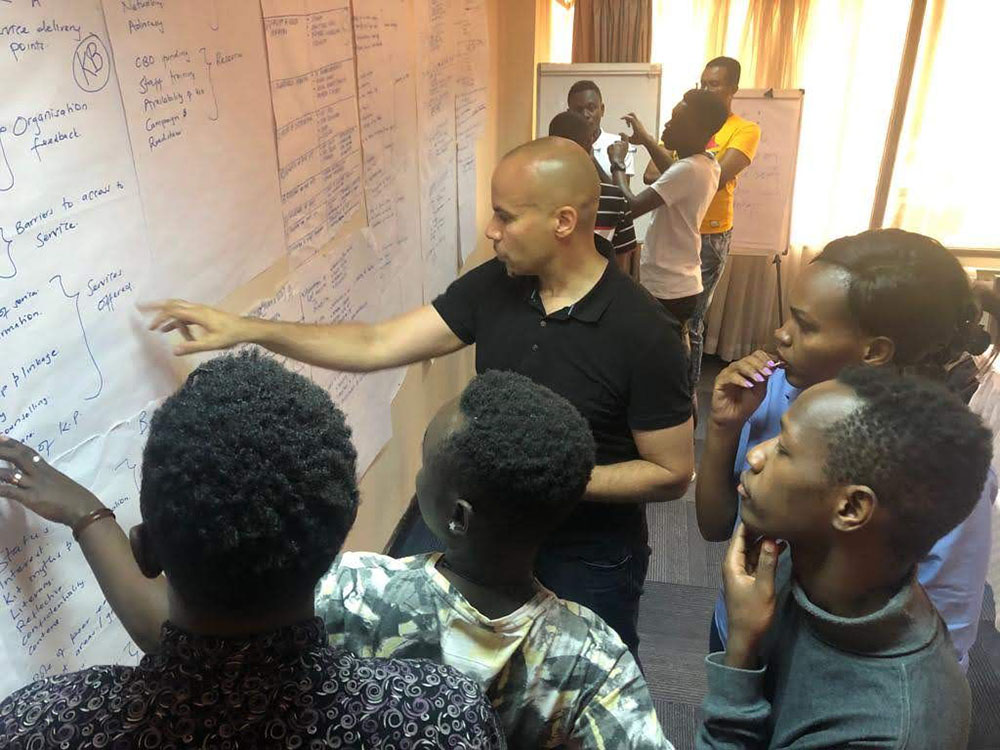
About 15 years ago, medical anthropologist Dr. Robert Lorway was conducting postdoctoral research in Mysore, India.
His goal was to understand why male sex workers, who had a high prevalence of HIV infection, weren’t coming to free clinics that were run by UM, with funding from the Bill & Melinda Gates Foundation.
Then one sex worker described how a researcher had asked him and others highly personal questions for a study, then disappeared. The workers never saw the data that was extracted from them and had no idea how it was used. “It made me feel really degraded,” the worker told Lorway.
Other sex workers told him, “You people from Manitoba stay at big hotels. People are making money from studying us. We want to have a place in this research industry.”
It was a turning point for Lorway, now associate director of the UM Institute for Global Public Health and Canada Research Chair in global intervention politics and social transformation.
Lorway, originally from Cape Breton, N.S., had long recognized the importance of engaging with communities. He had worked closely with the AIDS Coalition of Nova Scotia for his master’s research at Dalhousie University, and with activists in Namibia for his PhD thesis at the University of Toronto, later published as a book, Namibia’s Rainbow Project: Gay Rights in an African Nation.
In Mysore, he made a shift: He invited the sex workers to lead the research. Aiming to “de-monopolize expertise,” he trained them in ethical research recruitment, interviewing techniques, and how to record, interpret and present data. They took ownership of the study, which resulted in richer findings, Lorway says.
What’s more, after they learned to analyze patterns of activity at sex work hotspots, the sex worker-researchers transformed that knowledge into security strategies that helped their peers to work more safely.
“I’m interested in where research intersects with activism and human rights,” says Lorway, who joined the UM faculty in 2009 and is now associate professor of community health sciences.
“I work alongside people from disenfranchised communities on participatory research. We democratize evidence production, so health activists can own and swiftly use the data. My work has really moved toward data justice.”
Since 2010, Lorway has worked alongside male sex workers in Nairobi, Kenya. In his second book, AIDS Activism, Science and Community Across Three Continents, he examined “the complex entanglements between AIDS activism and HIV science.”
Prior to the pandemic, the anthropologist was away from Canada about 10 months per year. Based in Winnipeg for now, he is writing a book about how Kenyan sex workers are reinterpreting HIV science in ways that are productive for them.
Just as colonial regimes extracted resources from Africa, Lorway says, scientists of the past felt entitled to capture data from communities, profit from it and not share it. He and the Institute for Global Public Health are committed to an approach of respect, accountability and partnership.
“Local communities have an interest and a stake in research,” Lorway says. “They have the right to be centrally involved.”
BY ALISON MAYES
